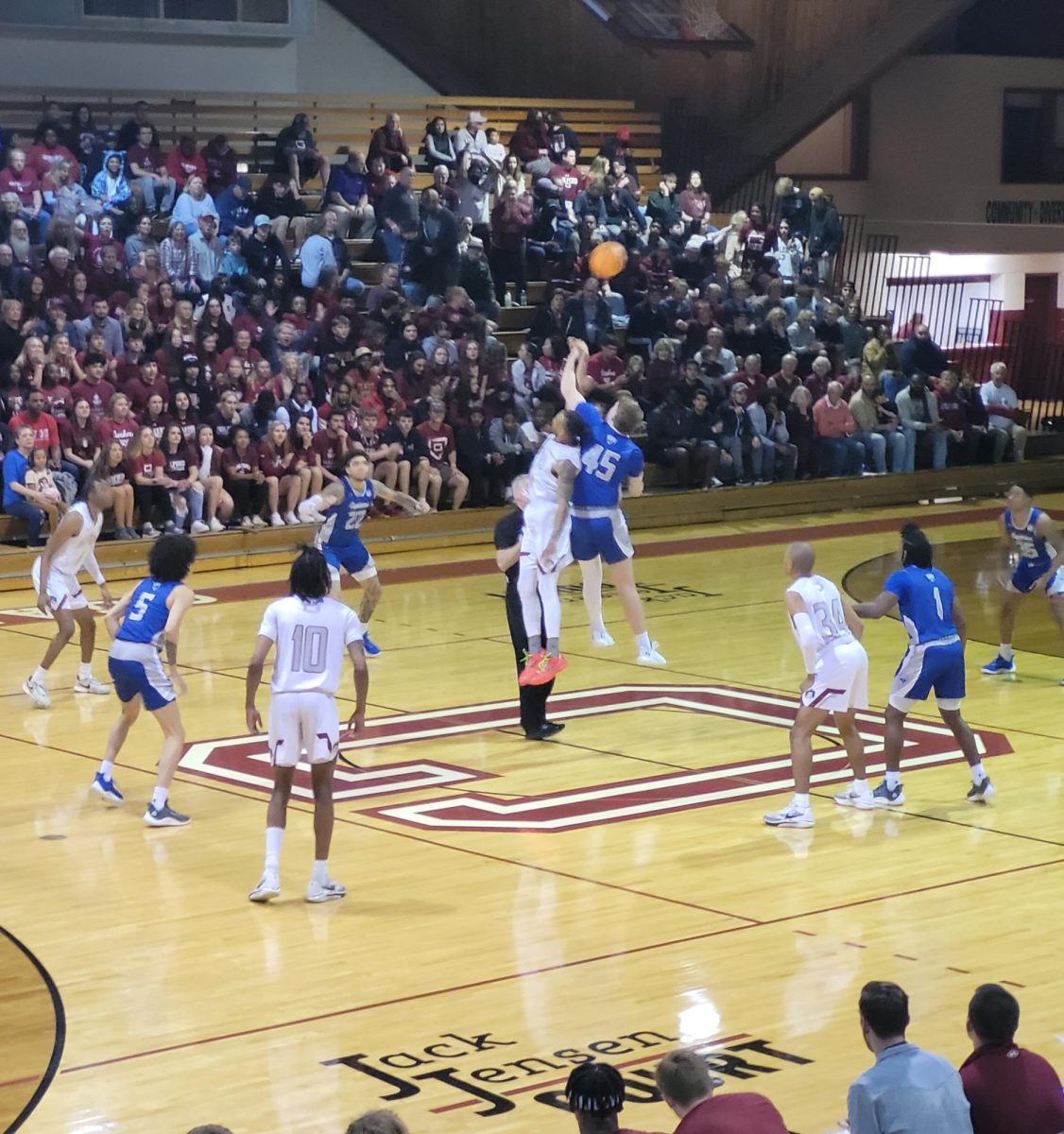Lovers of the written word converge in Duke 103 each week to create, critique and discuss their process and help one another on their writing journey. The Guilford Writing Group is a community of students and faculty with varying interests along the writing spectrum; belonging requires nothing more than an interest in writing — in whatever capacity.
“Almost as soon as I arrived on campus, students and others came to me expressing a desire for more,” said Visiting Assistant Professor of English Mylène Dressler. “There was this hunger that I sensed, that we needed more outlets for creative writing on campus.”
Dressler founded the group in Spring 2012, and a small number of students began attending meetings during that time. At the onset of the current semester, the group wanted to focus on growth and attracting new members by reaching out to more people in the community via the Guilford Buzz, email announcements and word of mouth.
“I have never treated (my) interest (in creative writing) really seriously until I saw a Buzz announcement about the Guilford Writing Group,” said Assistant Professor of History Zhihong Chen. “As a history teacher, I am used to looking at things on a larger scale. … Creative writing allows me to tend to ideas and feelings that are more personal.”
The writing group encourages creativity in various ways. Time for writing is set aside in most meetings, and the group holds one another accountable by asking individuals to share their writing goals for the week.
“The number-one help the group gives to my writing is reigniting the passion and drive to write,” said senior Andrew Glass. “The energy alone from the meeting helps me overcome the problems I’ve been facing in my writing, and the advice is great.”
That writer-to-writer advice has been a priority in the group from the beginning, because Dressler recognizes that coming into a group for feedback can be extremely helpful.
“I think it’s important that we all understand that no matter where we are on our creative journey, we need help,” said Dressler.
Workshopping is a vital part of GWG’s structure — in these discussions, individuals can bring in pieces they are working on to share with the group and to get feedback. Other attendees can offer suggestions and praise, and the writer gets a variety of advice to draw on.
“I get tons of encouragement and support from the writing group,” said junior Amber Swan. “They tell me that I can do anything with my writing, and they all work together to help me figure out how. It’s really amazing.”
Sharing your work with a group of people — people that might be strangers to you — may seem intimidating. But according to Chen, it pays off.
“I felt nervous and even a bit embarrassed (sharing my work) because the poem is personal, and sharing it with other people is like baring your feelings and thoughts,” said Chen. “It was also scary because English, for me, is a foreign language, and I do not have the confidence of writing in my mother language. But I was eventually very grateful for all of the comments and advice I received from other people.”
This process may help writers to become a bit more confident, and to produce a piece they are proud of, but it could also pay off in a bigger way — like it did for Glass.
“I felt something was wrong with the piece (I brought in), but I didn’t know what,” said Glass. “The responses I got … led to a big revision of the piece. That short story ended up winning an award.”
Most of all, the people in the group express appreciation for a time and space in which to share their love of writing with others.
“It feels wonderful to sit together with a group of people — students or not — who care about words and the magic that words can do,” said Chen.
[photomosaic nggid=48]











